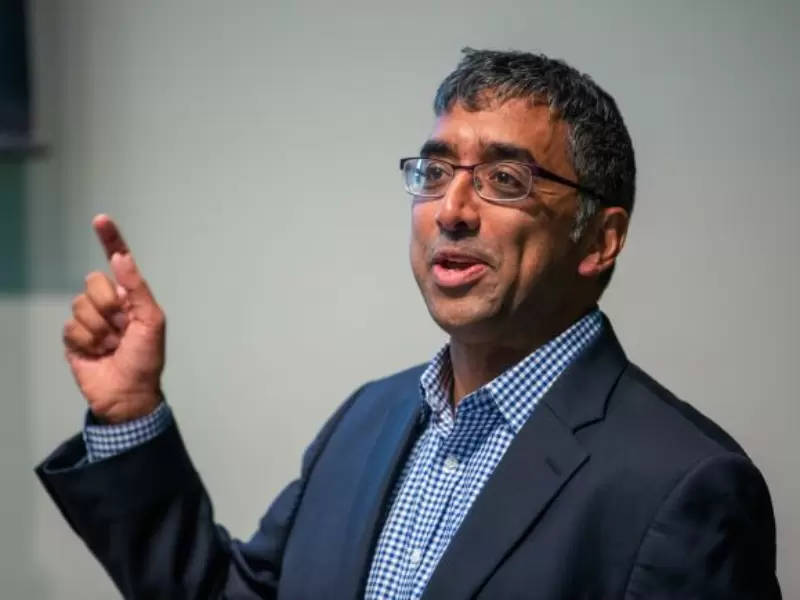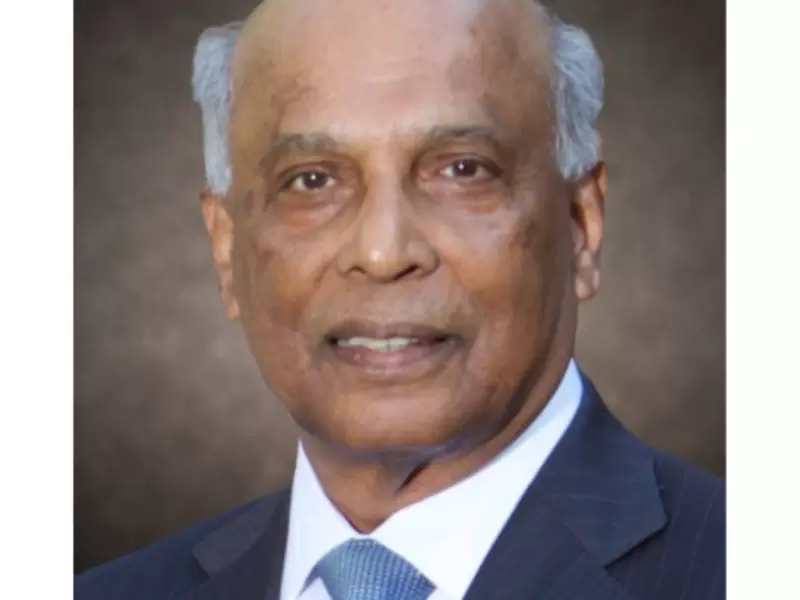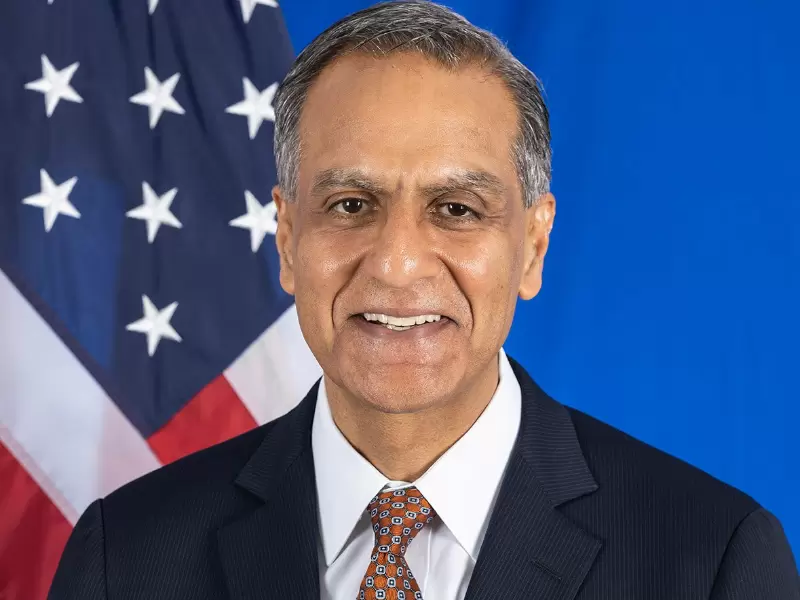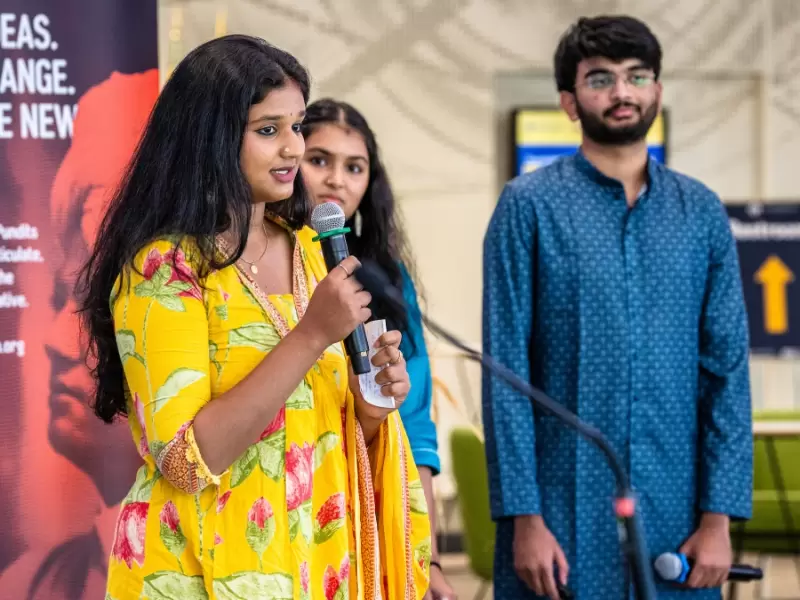Jay Shendure elected to National Academy of Medicine
He is among 100 newly elected members announced during the Academy’s annual meeting this week.
 Jay Shendure / Photo Courtesy: Brotman Baty Institute
Jay Shendure / Photo Courtesy: Brotman Baty Institute
Indian American geneticist Jay Shendure was elected to the National Academy of Medicine (NAM), one of the highest honors in health and medicine.
The professor of genome sciences at the University of Washington School of Medicine is among 100 newly elected members announced during the Academy’s annual meeting this week.
Also Read: Akash Gupta joins Princeton’s Society of Fellows
Individuals elected to the National Academy of Medicine are recognized for their outstanding professional achievement and commitment to public service. The Academy, an independent nonprofit institution, advances science, informs policy, and promotes evidence-based leadership in health care.
Shendure directs the Allen Discovery Center for Cell Lineage at the Allen Institute and the Brotman Baty Institute for Precision Medicine. He also serves as a scientific director of the Seattle Hub for Synthetic Biology and as an investigator with the Howard Hughes Medical Institute.
Widely regarded as a pioneer in genomics, Shendure’s work has transformed genetic research and diagnostics. His advances in next-generation DNA sequencing made genome analysis faster and more affordable, while his lab’s innovations in exome sequencing led to key discoveries in cancer, autism, and single-gene inherited disorders, including Miller and Kabuki syndromes.
His team also achieved the first whole genome sequencing of a human fetus using samples obtained non-invasively from the parents, advancing prenatal diagnostics. His laboratory’s work on cell-free DNA analysis paved the way for “liquid biopsy” techniques for prenatal testing and cancer detection.
More recently, his “DNA Typewriter” technology, which records molecular barcodes into DNA to track cell histories, has opened new avenues in synthetic biology and developmental research.
A native of Ohio, Shendure graduated summa cum laude from Princeton University and completed a Fulbright Scholarship in Pune, India, before earning his doctor of medicine and doctorate from Harvard Medical School.
He joined the University of Washington faculty in 2007, where he continues to lead research in genome sciences.
His honors include the Curt Stern Award from the American Society for Human Genetics, the Richard Lounsbery Award from the National Academy of Sciences, and the Mendel Award from the European Society of Human Genetics. He was elected to the National Academy of Sciences in 2019.
ADVERTISEMENT
ADVERTISEMENT
E Paper
Video



1749497506.png) Malvika Choudhary
Malvika Choudhary













Comments
Start the conversation
Become a member of New India Abroad to start commenting.
Sign Up Now
Already have an account? Login